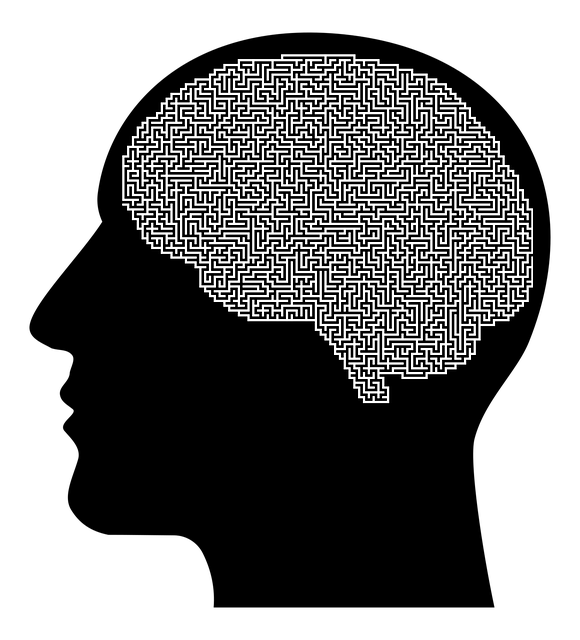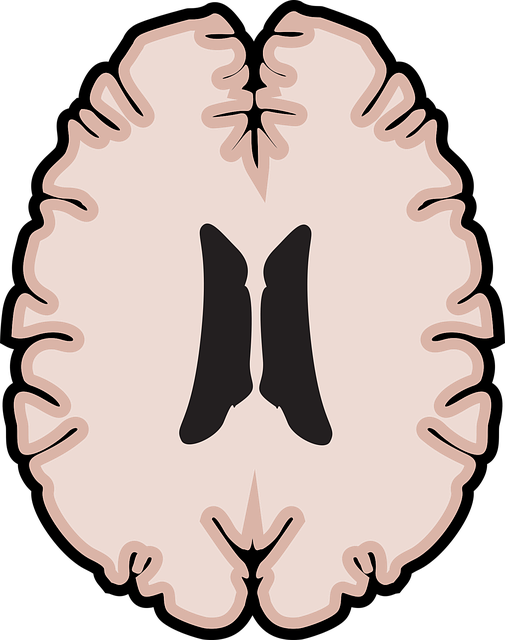Northglenn's Crisis Intervention Teams (CITs), bolstered by the Northglenn Acceptance and Commitment Therapy (ACT) Approach, provide immediate, evidence-based support for mental health crises. This training equips professionals with skills to de-escalate situations, resolve crises, and promote self-care, reducing reliance on emergency services. By cultivating compassion and psychological flexibility, these teams enhance cultural competency and connect with diverse clients effectively. Comprehensive crisis intervention training benefits organizations by fostering mental wellness, resilience, and strategic support strategies, despite implementation challenges.
Crisis intervention team training programs are vital for fostering resilient communities, especially in cities like Northglenn. This article explores the transformative power of such initiatives, focusing on the unique approach taken by Northglenn’s Acceptance and Commitment Therapy (ACT) program. We delve into their comprehensive training, examining its benefits for mental health support and community well-being. However, we also discuss challenges, highlighting the need for continuous improvement in crisis team preparedness.
- Understanding Crisis Intervention Teams: Their Role and Impact in Northglenn Communities
- The Northglenn Acceptance and Commitment Therapy (ACT) Approach to Training
- Benefits and Challenges of Implementing Comprehensive Crisis Team Training Programs
Understanding Crisis Intervention Teams: Their Role and Impact in Northglenn Communities

In Northglenn communities, Crisis Intervention Teams (CITs) play a pivotal role in ensuring the well-being and safety of individuals facing mental health crises. These specialized teams, often comprised of trained professionals from various backgrounds, including therapists like those practicing Acceptance and Commitment Therapy (ACT), are designed to offer immediate and effective support. When faced with a crisis, CIT members swiftly intervene, providing a calm presence and utilizing evidence-based techniques to de-escalate situations. This timely intervention can prevent escalation, reduce the need for emergency room visits or hospitalizations, and foster better outcomes for those experiencing distress.
Beyond immediate crisis resolution, CITs contribute to building resilience within Northglenn communities by promoting self-care routine development for better mental health and mood management. Through education, skill-building workshops, and ongoing support, these teams empower individuals to navigate challenges more effectively. By fostering a culture of mental well-being, CITs indirectly enhance the overall social fabric of Northglenn, making it a safer and healthier place for all its residents.
The Northglenn Acceptance and Commitment Therapy (ACT) Approach to Training

The Northglenn Acceptance and Commitment Therapy (ACT) Approach to Training offers a unique and highly effective method for crisis intervention team development. This program is designed to equip healthcare providers with powerful tools to support individuals in distress, focusing on cultivating compassion and effective mood management strategies. ACT encourages participants to embrace values-driven actions, fostering a sense of psychological flexibility that can be invaluable in high-pressure situations.
Through interactive workshops and role-play scenarios, the Northglenn ACT program delves into various aspects of cultural competency training, ensuring teams are prepared to navigate diverse client backgrounds. By integrating compassion cultivation practices, participants learn to create safe, supportive environments, enhancing their ability to connect with clients on a deeper level during crisis interventions. This holistic approach promises to revolutionize crisis management strategies within healthcare settings.
Benefits and Challenges of Implementing Comprehensive Crisis Team Training Programs

Implementing comprehensive crisis intervention team training programs offers a multitude of benefits for organizations and their employees. By equipping teams with the necessary skills to recognize and respond effectively during moments of crisis, these programs foster a culture of mental wellness and resilience. Northglenn Acceptance and Commitment Therapy (ACT), for instance, has been shown to be particularly effective in promoting stress reduction methods and depression prevention strategies among staff members. Through role-playing scenarios, simulations, and evidence-based techniques, teams learn to provide immediate support while also connecting individuals to longer-term care options.
Despite these advantages, there are challenges associated with comprehensive crisis team training. One significant hurdle is the time commitment required for programs that effectively address complex issues. Additionally, ensuring ongoing adherence to learned protocols can be challenging, as staff may face resistance or struggle to maintain focus in the face of daily operational demands. However, successful implementation overcomes these obstacles by integrating training into regular practices, offering continued education opportunities, and fostering a supportive environment where mental health is prioritized alongside other critical aspects of an organization’s success.
Crisis intervention team training programs, such as those utilizing Northglenn Acceptance and Commitment Therapy (ACT) approaches, play a vital role in equipping communities with essential tools for navigating mental health crises. By providing comprehensive training, these programs enhance the effectiveness of crisis response teams, fostering a more supportive and resilient environment. While challenges exist, the benefits are indelible, promising improved outcomes and enhanced well-being for all Northglenn residents.













